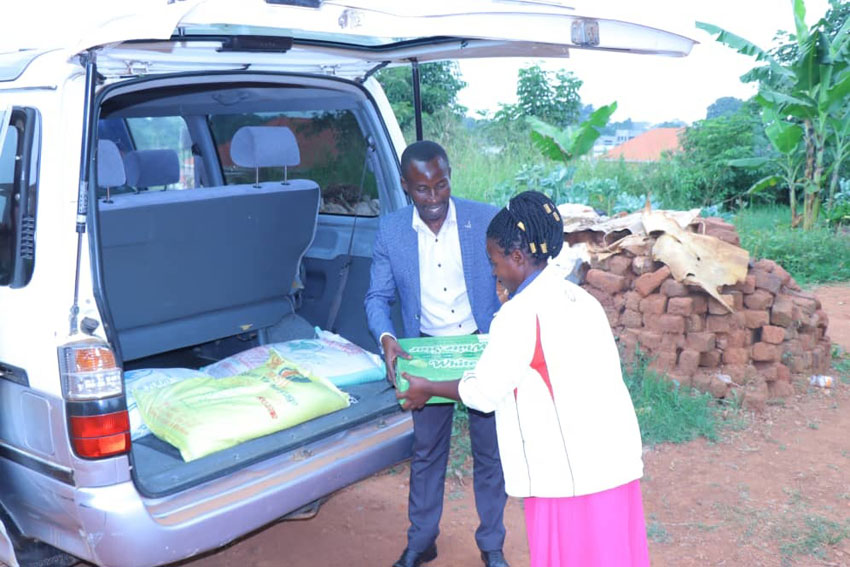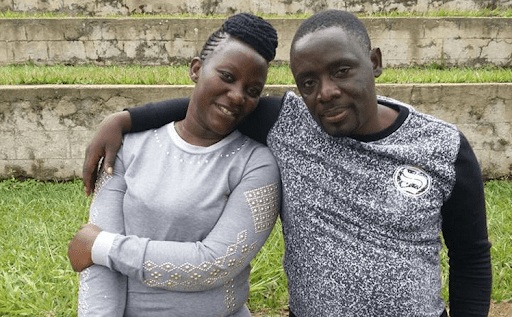Women cultural and religious leaders have said that positive cultural aspects have played a big role in empowering women in Uganda.
This was revealed during the official opening of the Gender Identity Week at Makerere University on Monday.
Running under the theme Generation Equality, the week-long event is organized by Makerere University School of Women and Gender Studies in partnership with the Embassy of Sweden.
Elizabeth Lwanga, an official from Buganda Kingdom’s Nabagereka Foundation said culture has negative and positive attributes but as a foundation, they focus on the good aspects to empower women.
She also revealed that in Buganda kingdom, they are using the ‘obuntubulamu’ [form of politeness] tool for development to promote peace, security and gender equality.
“We promote positive cultural values transparency, civility, responsibility among others to revive peace and security as well as promoting gender equality. Actually without culture we are nothing because it drives gender,” said Ms Lwanga.

The seasoned development worker also noted that the Kabaka of Buganda Ronald Muwenda Mutebi has been at the front-line of promoting gender equality.
“Kabaka has always expressed his belief in gender equality and on several occasions he has always stressed that gender equality and women economic prosperity are key to development.”
Ms. Lwanga also stated that she thinks that empowering women involves acknowledgement that the responsibilities assigned to them are equal to those of men.
“Women do not need to behave like men to be recognized or acknowledged. We just need our roles to be recognized equally like those of our male counterparts.”
Rose Ssegujja, from the Catholic Women League said the Church has tried as much as possible to empower women through giving them different responsibilities in several sectors such as Education.
She added that through its social services and economic development department— Caritas Uganda, the Catholic Church has given vulnerable women economic and advocacy support and this has acted as an eye opener in the fight against gender inequality.
“Through mass sensitization, we have been able to inform communities that women have rights thus helping them to get empowered. A woman who is being empowered will be able to defend her rights and an empowered woman can swiftly take up leadership positions,” said Ms Ssegujja.
At the same event, Joanita Kawalya, a legendary musician disclosed that she uses her music to educate men in order to empower women.
“ Some men don’t know about their powers, they think power is about beating women, or torturing them Through my music , I communicate to men how to use their powers. I tell them that power is all about love not violence,” she said.
The Namasole (mother of the king) of Buganda Kingdom Margaret Nagawa Siwoza Muyanja who was the guest of honour at the event, said that it was very possible to use the cultural approach to empower women.
She asserted that although from a modern perspective of view, culture has always been seen as a barrier to gender equality; it can be changed for positive results.
“Culture is not static; it changes—so as it changes, people’s behaviours and way of thinking also change. That’s why today we are discussing how we can use culture positively to empower women,” the Namasole said.
“In ‘obuntubulamu’, we emphasize a number of values such as sense of shame, empathy, humility, cleanliness, transparency, the dress code among others. For example a gomesi in Buganda is more than a piece of cloth; it is a personal symbol that gives a woman identity. Still culturally, through power structures, a home is observed as a face of a woman since she is directly or indirectly in charge of it. This aspect promotes gender equality.”
On the other hand, Associate Professor Consolata Kabonesa, the Principal Investigator of the Gender Mainstreaming project said for long they have been talking about empowerment from all aspects of life like Education but forgetting about culture.

“This time round we have decided to concentrate on culture/tradition to see how it empowers women, “she said.
Do you have a story in your community or an opinion to share with us: Email us at Submit an Article








